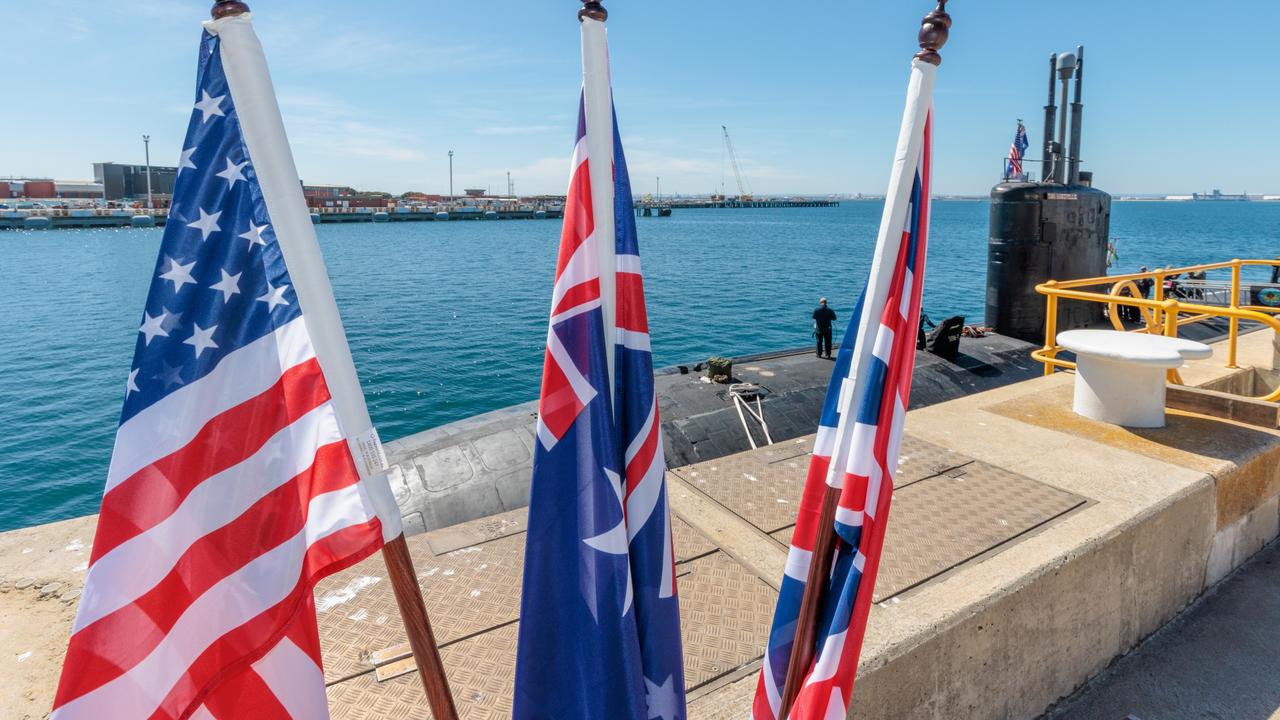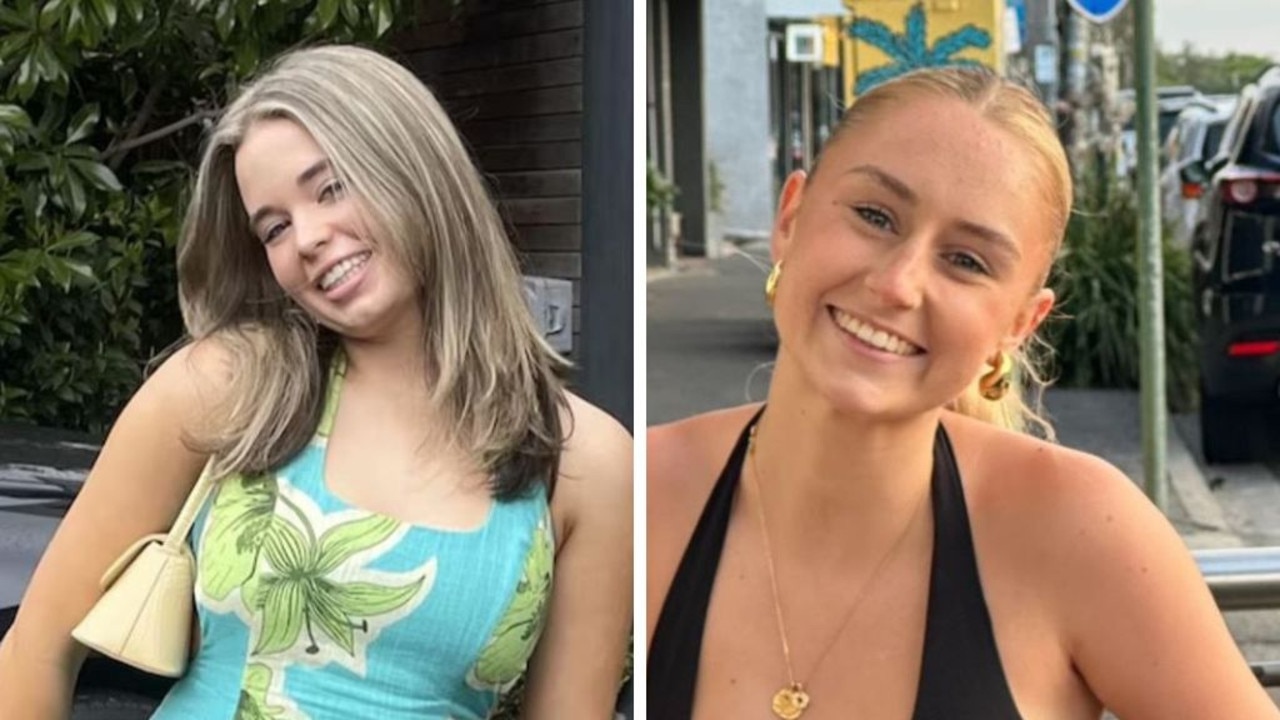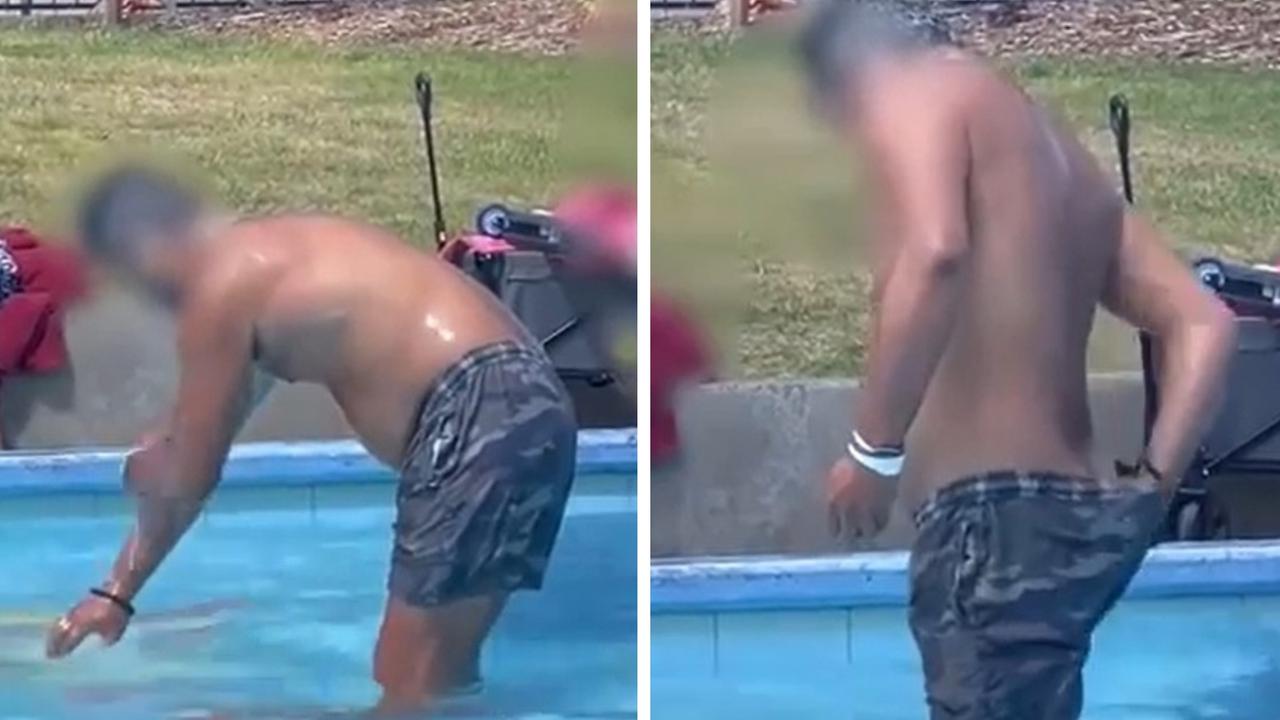Coronavirus NZ: COVID-19 restrictions extended as outbreak spreads
New Zealand PM Jacinda Ardern has extended COVID-19 restrictions and revealed how long ago the earliest case within a “new” outbreak fell ill.
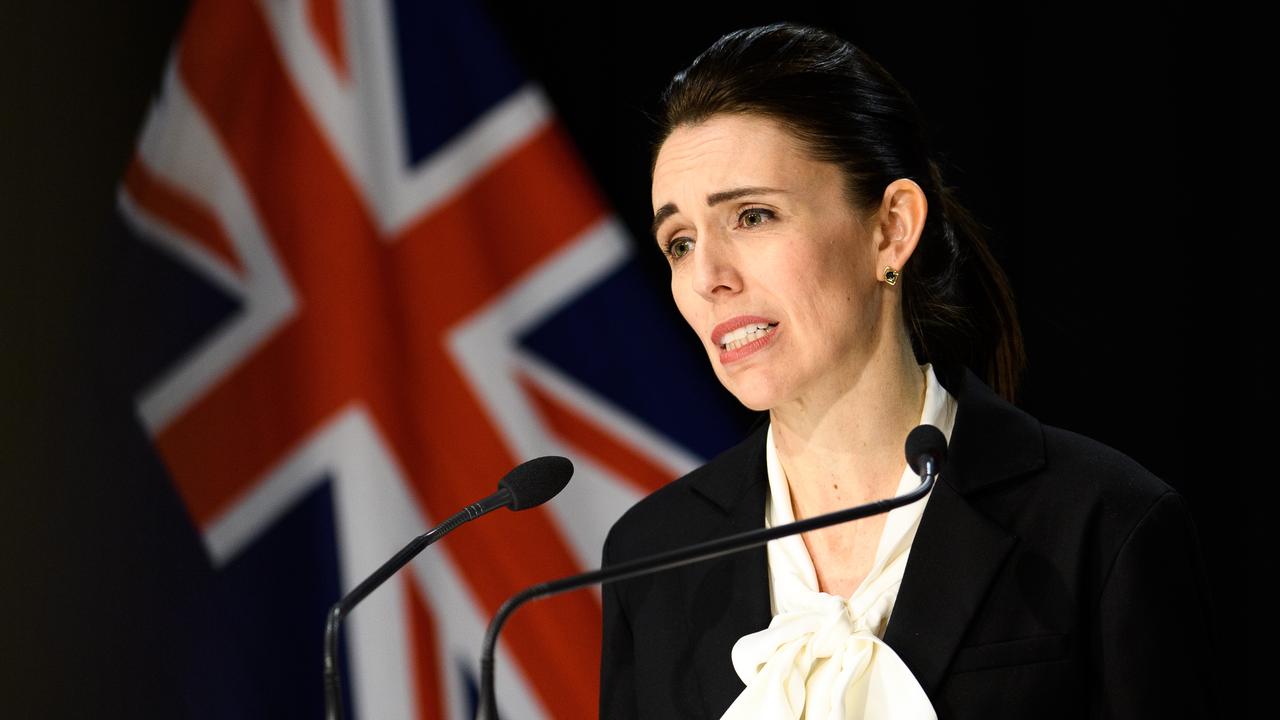
New Zealand’s current coronavirus restrictions will remain for the next 12 days to take into account the “all important incubation period” of COVID-19, Prime Minister Jacinda Ardern has announced.
“Our current expectation is that by this time, the perimeter of the cluster will be identified, will be isolated, and we can move to level two in Auckland with confidence,” she told reporters on Friday afternoon.
“That means Auckland will remain at level three and New Zealand will remain at level two ... until 11.59pm on Wednesday, August 26.”
They were initially set down for three days, lasting until midnight tonight. The settings will be reviewed on August 21.
A cluster of cases in Auckland, revealed on Tuesday after 102 days of no local transmission, has spread beyond the city and continues to grow.
“The sequence of the virus from the current outbreak is not the same as the sequences from community cases in our first original outbreak in New Zealand,” Ms Ardern said.
“This suggests this is not a case of the virus being dormant or of a burning ember in our community. It appears to be new to New Zealand.”
RELATED: How did COVID-19 resurface in New Zealand?
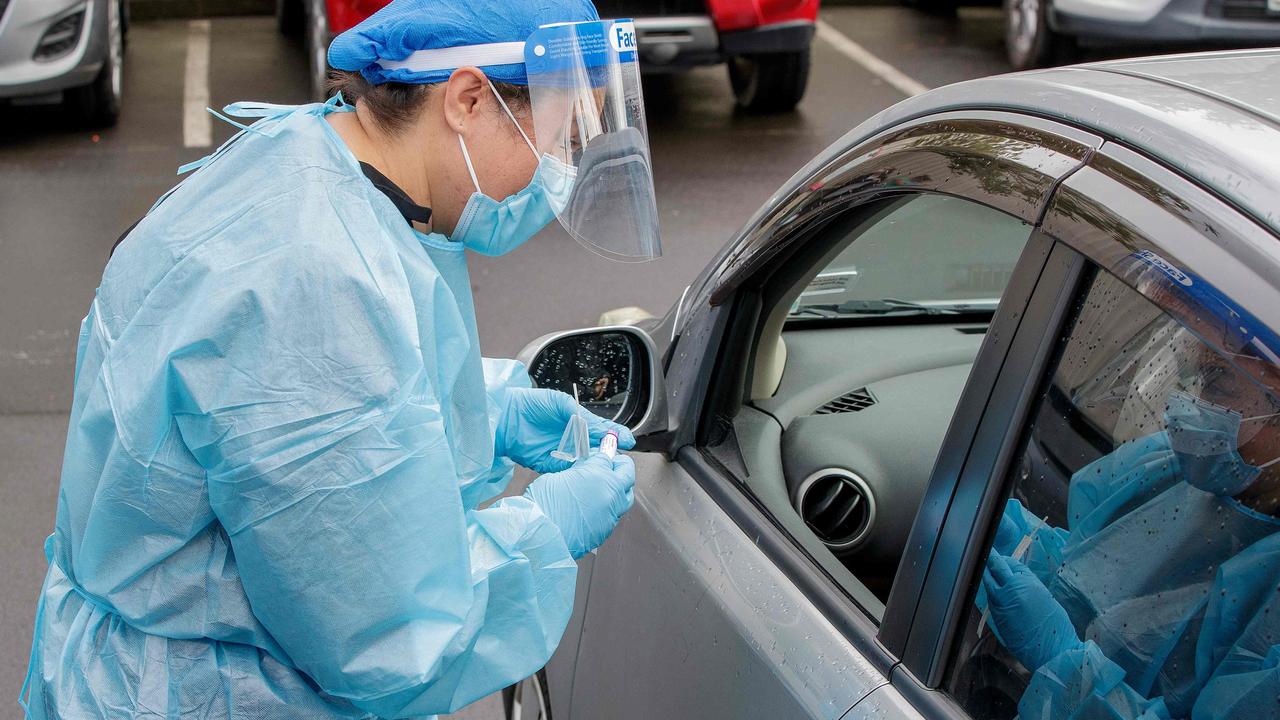
RELATED: Auckland returns to Stage 3 restrictions
Ms Arden said it had been 53 hours since Auckland and New Zealand were moved back into their various coronavirus restriction levels however “extensive testing and contact tracing” had determined the earliest sign of the re-emergence of the virus was two weeks ago.
“There are signs we have found this outbreak relatively early in its life,“ she said.
“The earliest case we have found to date was a worker at the Americold cool store in Mount Wellington who became sick on approximately the 31st of July.
“This may not yet be the origin of the outbreak but on the information we have to date, it‘s the earliest sign of the re-emergence of the virus.
“In terms of the ongoing investigation to identify where the virus originated from, there are still no clear connections at this point. Contact tracing and genomic testing has not found a link to the border or managed isolation in quarantine facilities at this stage.”
Ms Ardern said there was nothing to suggest the country needed to move to a level four lockdown.
“We do not have a number of clusters or unrelated cases,” the prime minister said.
She said Cabinet had agreed to maintain current restrictions for 12 days, “in keeping with our cautionary approach and New Zealand‘s philosophy of going hard and going early”.
Earlier, two cases of COVID-19 were confirmed outside of Auckland where the coronavirus re-emerged in the country.
Director-General of Health Dr Ashley Bloomfield announced 12 new cases and one probable case on Friday.
He said two of the new cases are in Tokoroa, a town in the South Waikato district about 200 kilometres south of Auckland on the North Island.
These two people are part of the same household and tested positive after being in contact with members of the Auckland cluster, which has now grown to 30 confirmed or probable cases, he said.
“They had contact with two people from Auckland - the same people who had also visited a rest home in Morrinsville,” he said.
“The visit occurred before they were aware that they were infectious or had exposure.”
Dr Bloomfield said the link behind one of the 13 cases, the “most recent case” authorities have been informed of, is still under investigation and the patient is in hospital.
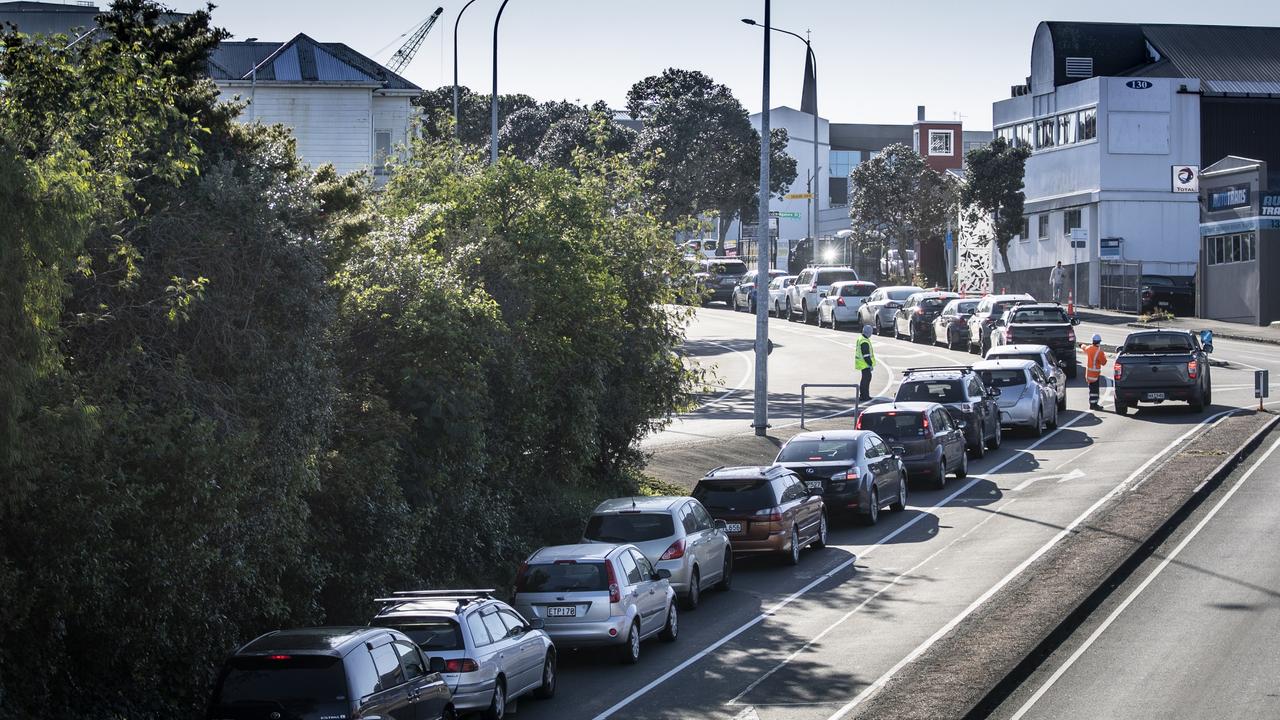
The Ministry of Health yesterday confirmed 14 new cases including one returned overseas traveller in managed isolation and 13 linked to four family members who tested positive in Auckland earlier this week “from an unknown source”.
“Given that all these cases are linked, we are treating them as a cluster and what we know about clusters, as we have found out in the past, is that they do continue to grow,” Dr Bloomfield said yesterday.
“So we fully expect there will be further cases. There are some symptomatic people – of course they have been tested, they are in isolation and all appropriate tests are being taken. We will update you if results come through that confirm those cases, on a daily basis.”
The government on Friday said it believes all of the new cases are connected to the one Auckland-based cluster.
Dr Bloomfield said 38 people linked to the cluster, including positive cases and family members, had already been moved into quarantine.
“We’ve seen no evidence of a positive COVID-19 case outside of Auckland that is unrelated to the cluster that we are dealing with,” Health Minister Chris Hipkins told reporters.
“We’ve got two confirmed cases in the Waikato with a direct link to the Auckland cluster, and one case in Auckland that is still under investigation.
“But we of course are not out of the woods yet. Continuing our plan to rapidly contact trace and test over the next couple of days remains our No. 1 priority.
“That priority remains in Auckland, where the bulk of the cases are. That’s where we’re focusing the lion’s share of our efforts. For the rest of New Zealand, our message remains for people to be vigilant, to wash your hands, to stay home if you’re feeling unwell, and to call Healthline or your GP if you have any doubts.”
Until Tuesday, the country had not recorded a case of local transmission in 102 days.
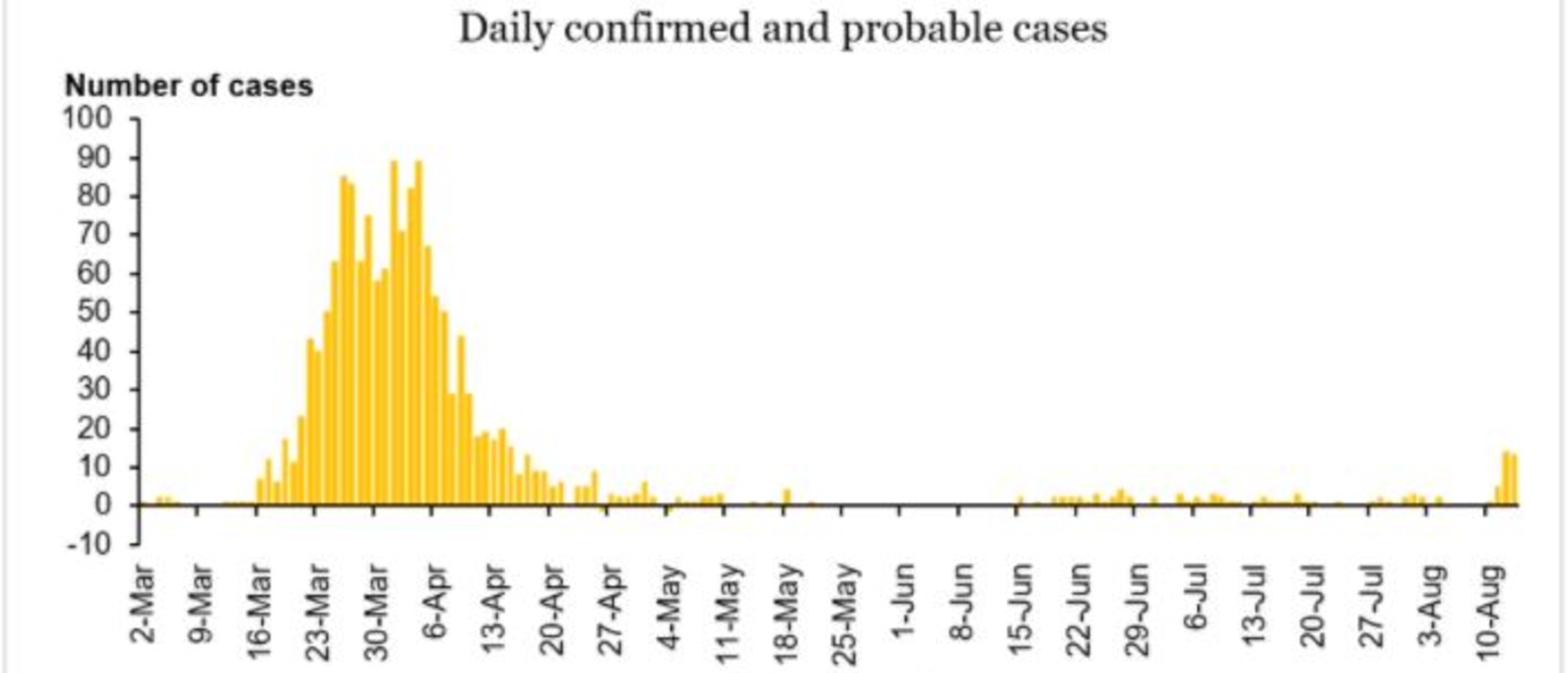
COLD STORAGE FACILITY CLUSTER GROWS
Among those to test positive in Thursday’s figures were three employees from Americold, the workplace of one previously reported case.
The ABC on Friday reported the company’s managing director had confirmed two more employees had tested positive for COVID-19, bringing the total number of cases linked to the cold storage facility to six.
“Two of the AmeriCold sites, Mount Wellington and Auckland Airport, have been closed, and all staff from the Airport site have now been tested,” the NZ Health Ministry said on Thursday.
“A mobile testing unit went to the homes of symptomatic people from the Mount Wellington site yesterday and further testing is underway.”
Officials are investigating the possibility that the virus travelled into New Zealand on refrigerated freight.
Dr Bloomfield said surface testing was occurring in the Auckland cold storage facility where a man from the infected family worked.
“We do know from studies overseas, that actually, the virus can survive in some refrigerated environments for quite some time,” he said.
China has reported instances of coronavirus being detected on the packaging of imported frozen seafood.
RELATED: World reacts to New Zealand virus cases
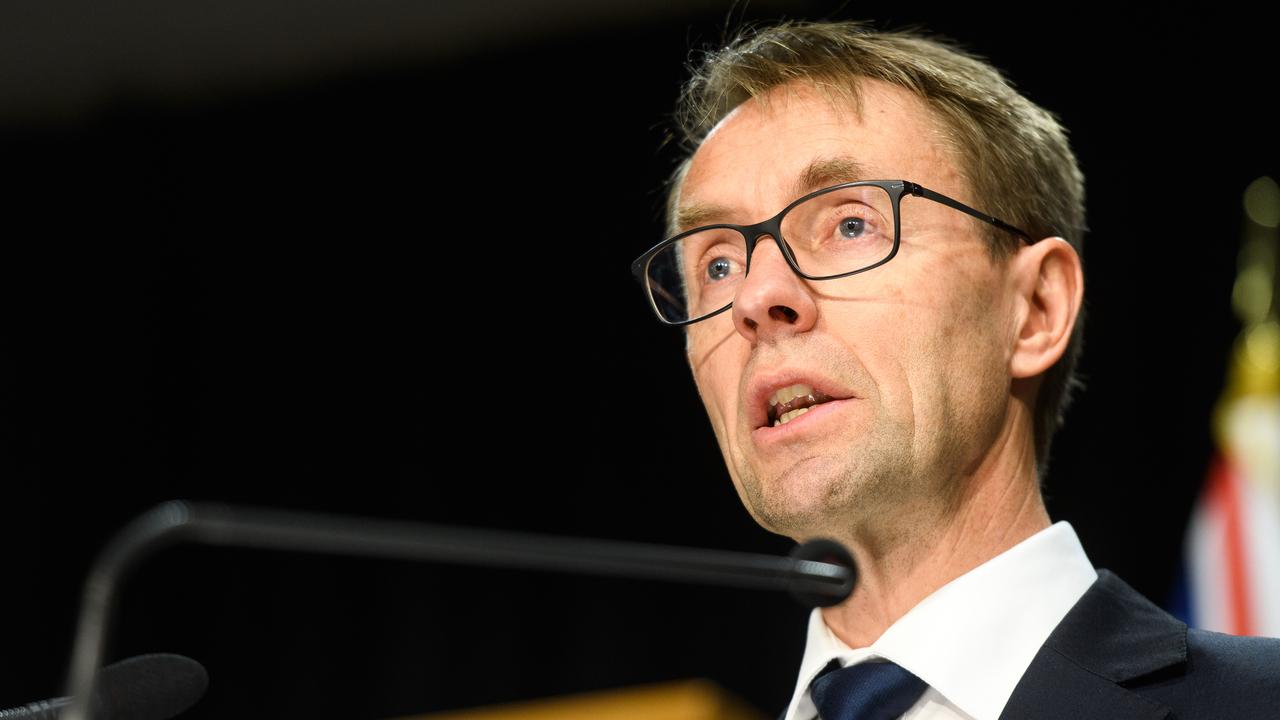
CORONAVIRUS APPEARS SOUTH OF AUCKLAND
Earlier, South Waikato Mayor Jenny Shattock confirmed to Stuff council was told on Thursday afternoon about a staff member potentially linked to a known Auckland case.
A case was reportedly confirmed in Tokoroa and two staff members at Tokoroa Medical Centre were in self-isolation.
According to the New Zealand Herald, Ms Shattock told staff: “Unfortunately we have a confirmed case of Covid in Tokoroa and a probable case plus five others have been tested as some of them are unwell.”
“At this stage we have (a doctor) in isolation and the nurse who swabbed the patient plus a council staff member is isolating as well,” she said in an email to councillors on Thursday night.
Tokoroa is home to more than 13,600 people.
RESTRICTIONS REINSTATED
As of midday on Wednesday, new rules are in place. Auckland returned to stage 3 restrictions until at least midnight on Friday, while the rest of the country is at stage 2.
This means people living in Auckland are working from home unless they are an essential services worker. Schools remain open only for students whose parents are essential workers.
Public facilities, bars, restaurants and businesses in Auckland were forced to close, and gatherings of more than 10 people are prohibited. For the rest of the country, mass gatherings are now limited to 100 people.
Prime Minister Jacinda Ardern has also urged everyone to wear masks to help prevent the spread of the virus, noting people can fashion their own face covering if needed.
Supermarkets have already moved to immediately restrict the sale of some essential products to ensure demand can be met and prevent stockpiling.

